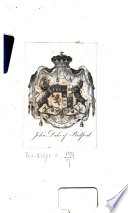 | Benjamin Flower - 1811 - 578 pages
...transgression, which is so mucli a? may serve for reparation and r^trnint : for these two are the only reasons, why one man may lawfully do harm to another, which is that we call punishment. In transgressing the law of nature, the offender declares himself to live hy another rule... | |
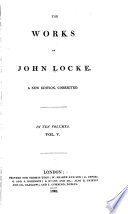 | John Locke - 1823 - 516 pages
...transgression ; which is so much as may serve for reparation and restraint : for these two are the only reasons why one man may lawfully do harm to another, which is that we call punishment. In transgressing the law of nature, the offender declares himself to live by another rule... | |
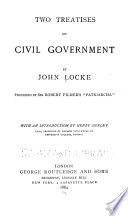 | John Locke - Liberty - 1884 - 328 pages
...transgression, which is so much as may serve for reparation and restraint. For these two are the only reasons why one man may lawfully do harm to another, which is that we call punishment. In transgressing the law of Nature, the offender declares himself to live by another rule... | |
 | John Locke - Liberty - 1905 - 198 pages
...transgression, which is so much as may serve for reparation and restraint. For these two are the only reasons why one man may lawfully do harm to another, which is that we call punishment. In transgrossing the law of nature, the offender declares himself to live by another rule... | |
 | Francis William Coker - Political science - 1914 - 608 pages
...transgression, which is so much as may serve for reparation and restraint. For these two are the only reasons why one man may lawfully do harm to another, which is that we call punishment. In transgressing the law of nature, the offender declares himself to live by another rule... | |
 | William Fletcher Russell, Thomas Henry Briggs - Democracy - 1941 - 436 pages
...transgression, which is so much as may serve for reparation and restraint. For these two are the only reasons why one man may lawfully do harm to another, which is that we call punishment. In transgressing the law of Nature, the offender declares himself to live by another rule... | |
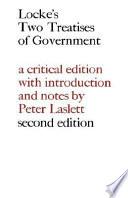 | John Locke - Liberty - 1967 - 548 pages
...Transgression, which is so much as may serve for Reparation and Reftraint. For these two are the only reasons, why one Man may lawfully do harm to another, which is that we call punishment. In transgressing the 10 Law of Nature, the Offender declares himself to live by another... | |
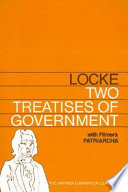 | John Locke - Liberty - 1947 - 356 pages
...transgression, which is so much as may serve for reparation and restraint; for these two are the only reasons why one man may lawfully do harm to another, which is that we call punishment. In transgressing the law of nature, the offender declares himself to live by another rule... | |
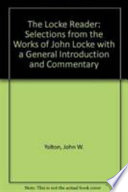 | John W. Yolton - Philosophy - 1977 - 364 pages
...transgression; which is so much as may serve for reparation and restraint: for these two are the only reasons why one man may lawfully do harm to another, which is that we call punishment. In transgressing the law of nature, the offender declares himself to live by another rule... | |
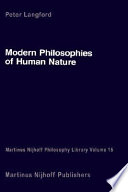 | P. Langford - Philosophy - 1986 - 282 pages
...natural reason often required punishment: reparation and restraint. For these two are the only reasons why one man may lawfully do harm to another, which is that we call punishment. In transgressing the law of Nature, the offender declares himself to live by another rule... | |
| |